COVID-19 and the Public Charge Rule
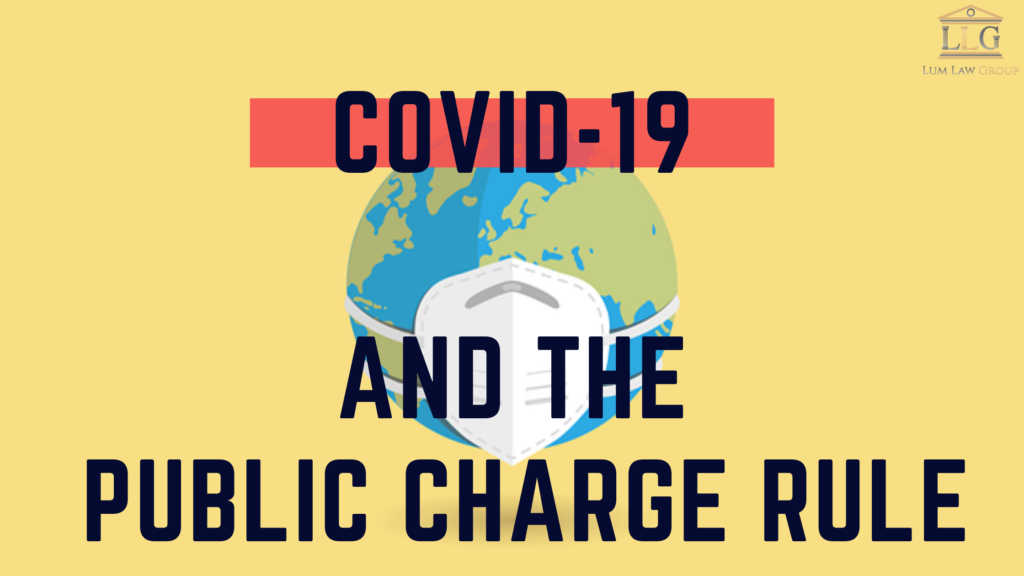
The “Public Charge” rule in a nutshell is how new green card applicants will be judged based on how financially self-sufficient they are, and consequently how likely they are to become reliant on welfare. We have previously covered the new Public Charge Rule that was to be enforced since February 24, 2020: What Does “Public […]
How Do I Change My Business Model for COVID-19?

As California businesses have slowly been allowed to reopen, many business owners are not sure if they can continue as they have. Whether it’s due to the new COVID-19 restrictions for their industry, or fears as to whether customers consumption appetite has changed, business owners are now taking time to analyze how the pandemic will […]
Do I need proof of residence/citizenship to get tested for COVID-19?
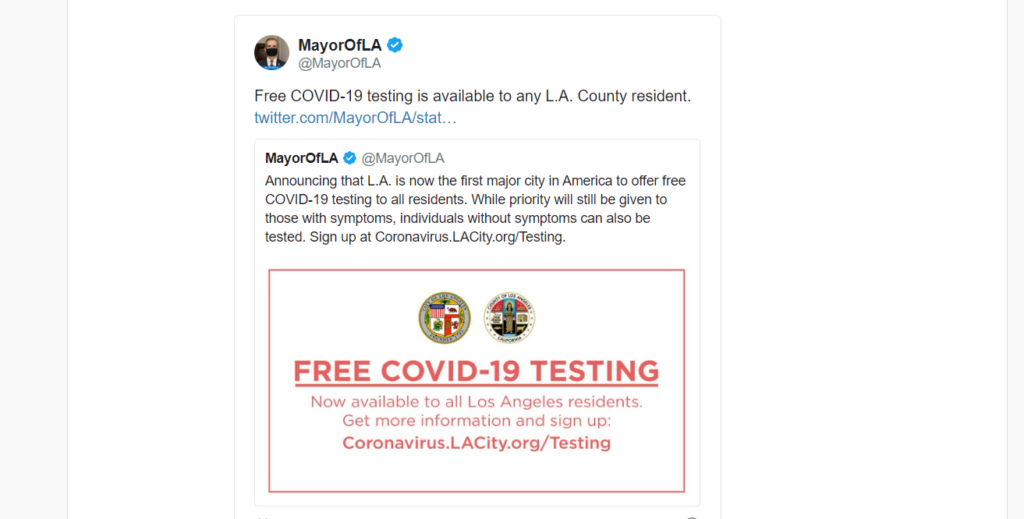
If you think about the documents you need to obtain healthcare in the U.S., you might wonder if you need the same set of documents to get tested for the new coronavirus. Any trip to the doctor would require filling out forms, some sort of identification, and a health insurance card (if you have one). […]
Your Immigration Status and Unemployment Benefits in California during the COVID 19 Crisis
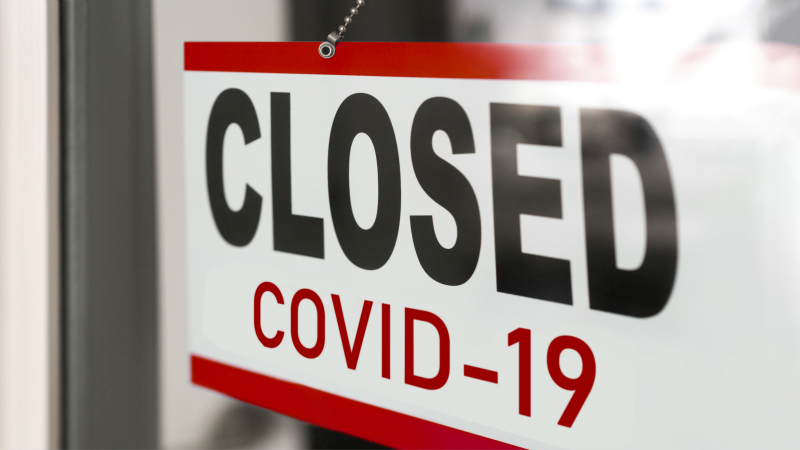
Your Immigration Status and Unemployment Benefits in California during the COVID 19 Crisis (and can your medical care during the COVID 19 crisis make you inadmissible) As we are all aware, California is under lockdown and stay safe provisions whereby only essential workers, such as healthcare and supermarket employees, are allowed to work. As a […]
If I have no legal immigration status, can I still get a COVID-19 stimulus check?
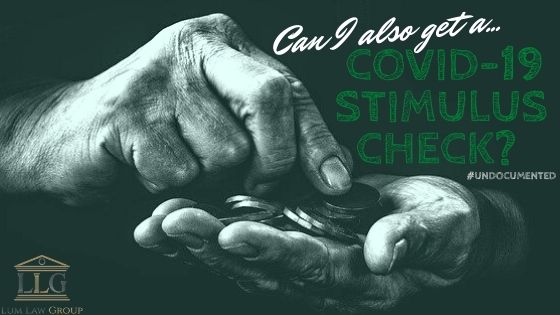
On April 15, 2020, California Governor Newsom announced that undocumented adult immigrants will receive a $500 stimulus cash payment from the State. As previously discussed, many undocumented immigrants do not qualify for the federal CARES ACT stimulus check. Undocumented immigrants also do not qualify for unemployment insurance benefits. As a result, California will distribute $500 […]
How has Coronavirus affected U.S. immigration?
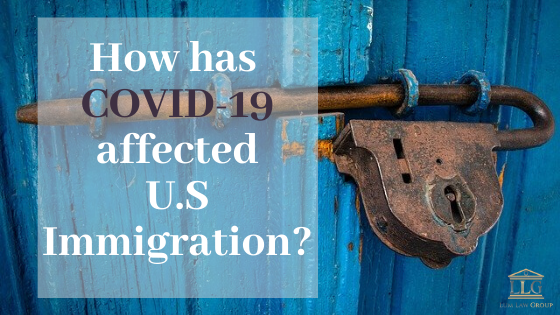
The COVID-19 pandemic has resulted in a halt in our daily lives, and significant (temporary) changes to the U.S. immigration system. In this article, we have compiled coronavirus related immigration changes by category, or circumstance. However, we do not go into specifics as it would depend on your individual situation and would require our attorneys’ […]
Coronavirus: Relief for Small Business Owners
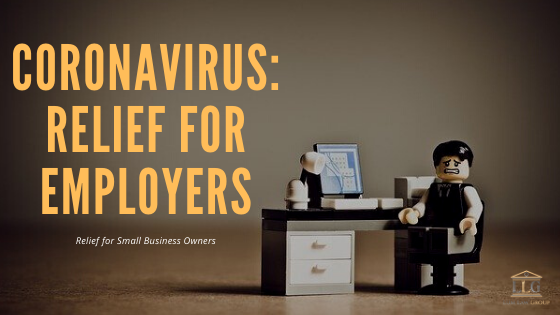
With the current COVID-19 pandemic, the closing of non-essential businesses, and the fears for an upcoming recession, many small business owners are either suffering, or preparing to suffer. We, at Lum Law Group, are in the same boat. We are also a family-owned small business with few employees that, for the most part, caters to […]
What Can We Help You amid COVID-19 Pandemic?

Are you a small business and are having problems with cash flow, meeting payroll, or just dealing with expenses due to the COVID-19 pandemic? The Small Business Administration (SBA) may be able to help. Go to sba.gov for more information. In the meantime if you need help dealing with customers and vendors over payment issues, we […]
Is the coronavirus stimulus check for U.S. citizens only?
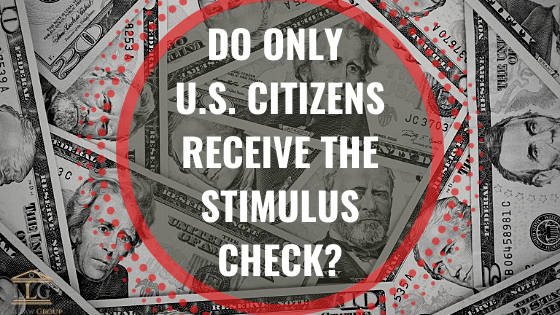
Are you wondering if you qualify for the stimulus check from the new COVID-19 stimulus bill that was signed on March 23, 2020? The economic stimulus increased unemployment benefits and provides a round of payments to qualified Americans and their children, among other things. In this article, we will answer the most common questions our […]
Can I be let go because of Coronavirus?

Due to the coronavirus pandemic, companies have lost business, sales have gone down, and profits have plummeted. As a result, many are cutting costs by reducing work hours, or even their workforce. Here in Southern California, we have encountered questions from you regarding job loss, such as: “Can my company let me go for no […]

